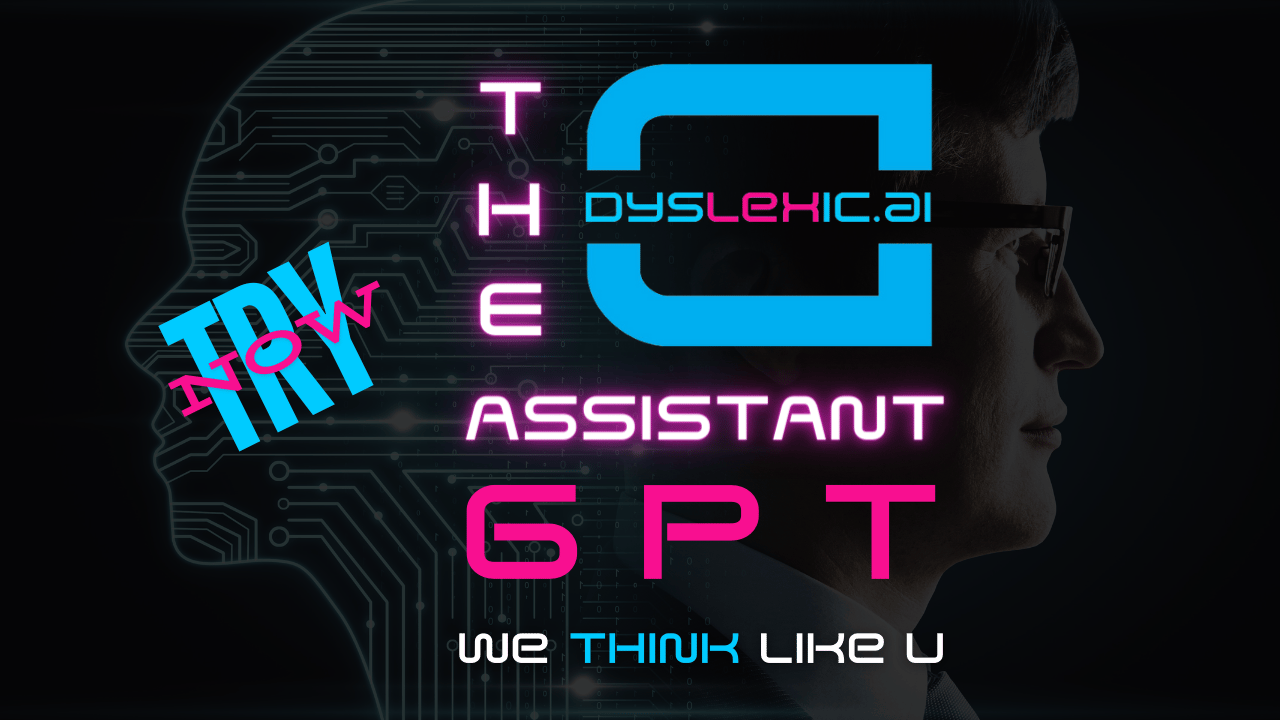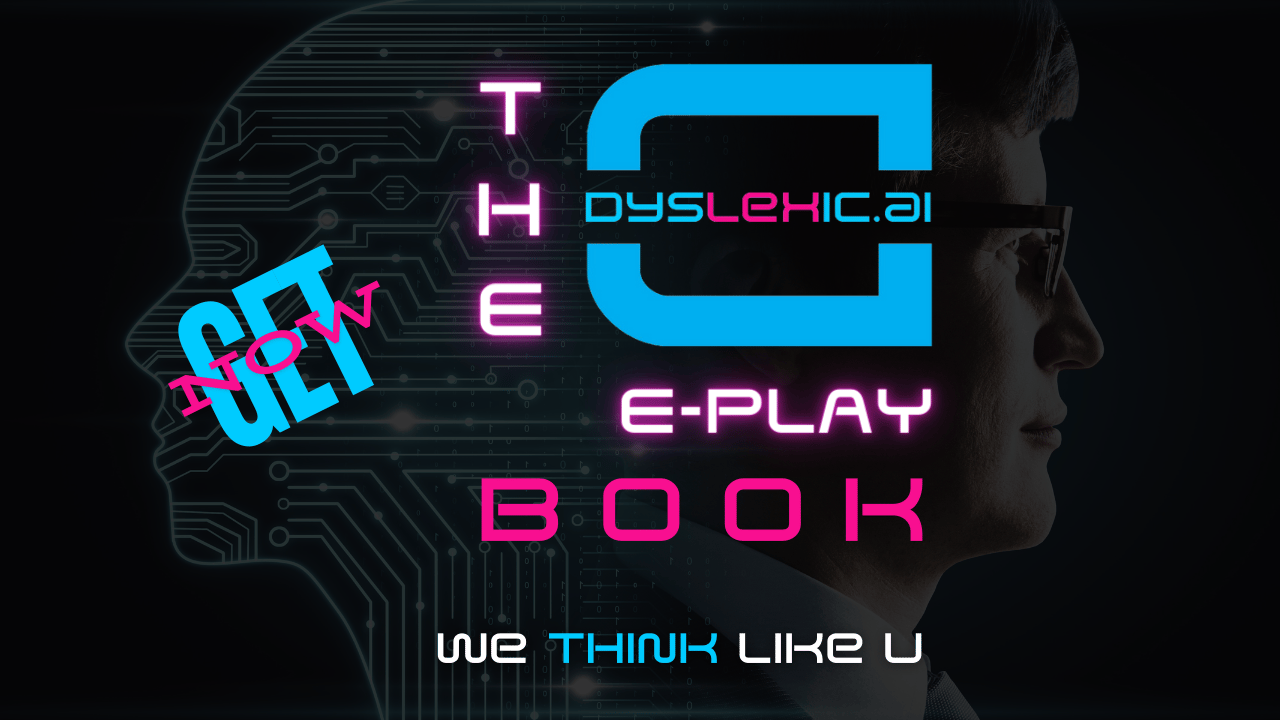- DYSLEXIC AI
- Posts
- Newsletter 235 Generalists vs. Specialists in the Age of AI: A Perspective for Neurodivergent Thinkers
Newsletter 235 Generalists vs. Specialists in the Age of AI: A Perspective for Neurodivergent Thinkers
🧠 AI: Bridging Generalists and Specialists
Learn AI in 5 Minutes a Day
AI Tool Report is one of the fastest-growing and most respected newsletters in the world, with over 550,000 readers from companies like OpenAI, Nvidia, Meta, Microsoft, and more.
Our research team spends hundreds of hours a week summarizing the latest news, and finding you the best opportunities to save time and earn more using AI.

Good morning, Dyslexic AI Community,
Today, we delve into the roles of generalists and specialists in the age of AI technology. This discussion is particularly relevant for neurodivergent and dyslexic thinkers who often navigate unique career and life paths. We'll explore how these roles affect employment and HR practices.
The Generalist Advantage
A generalist thrives on versatility. They have a broad range of skills and knowledge, allowing them to adapt to various roles and challenges. This adaptability is a significant asset in the rapidly evolving world of AI.
Critical Benefits for Generalists:
- Adaptability: AI technology changes quickly. Generalists can pivot and learn new tools and concepts with ease.
- Problem-Solving: They can approach problems from multiple angles, integrating diverse perspectives and solutions.
- Interdisciplinary Collaboration: Generalists often excel in connecting dots across different fields, fostering innovation through collaboration.
For neurodivergent thinkers, being a generalist can mean leveraging their unique way of seeing the world. It allows flexibility and the ability to engage in various interests and strengths.
The Specialist Edge
Specialists focus intensely on a specific area of expertise. Their in-depth knowledge and skills make them invaluable in fields that require precision and advanced understanding.
Critical Benefits for Specialists:
- Expertise: Specialists profoundly understand their field, often pushing boundaries and driving innovation.
- Efficiency: Their deep knowledge allows them to work more efficiently and solve complex problems within their domain.
- Credibility: Specialists are often considered authorities in their field, providing thought leadership and advanced insights.
For dyslexic thinkers, specializing can mean honing in on a particular strength or passion and becoming a go-to expert in that niche.
AI: Bridging Generalists and Specialists
AI technology can augment both generalists and specialists, enhancing their capabilities.
For Generalists:
- Learning and Adaptation: AI tools can help generalists quickly acquire new skills and knowledge, staying ahead of the curve.
- Integrative Tools: AI platforms that combine various functions enable generalists to apply their broad skill set more effectively.
For Specialists:
- Advanced Tools: AI can provide specialists with cutting-edge tools tailored to their field, enhancing productivity and innovation.
- Research and Development: AI accelerates research processes, allowing specialists to delve deeper and achieve breakthroughs faster.
The Neurodivergent Perspective
Neurodivergent and dyslexic thinkers often exhibit traits that align with generalist and specialist roles. Embracing AI technology can amplify these traits.
Unique Strengths:
- Lateral Thinking: Often associated with generalists, lateral thinking allows neurodivergent individuals to connect seemingly unrelated concepts creatively.
- Hyperfocus: A trait that can benefit specialists, hyperfocus enables deep dives into subjects of interest, leading to expertise.
Harnessing AI:
- Customized Learning: AI can offer personalized learning experiences that cater to individual strengths and learning styles.
- Support Tools: From grammar checkers to organizational aids, AI tools can help neurodivergent individuals manage challenges and optimize their workflows.
Implications for Employment and HR
The distinction between generalists and specialists has significant implications for employment and HR practices. AI's integration into the workplace is reshaping hiring, training, and development strategies.
Hiring Practices:
- Diverse Talent Acquisition: AI-driven tools can help identify and recruit both generalists and specialists, ensuring a balanced workforce that can adapt and innovate.
- Skill-Based Assessment: AI can assist in evaluating candidates based on skills and competencies rather than traditional qualifications, promoting inclusivity for neurodivergent individuals.
Training and Development:
- Personalized Training Programs: AI can create tailored training programs that address the specific needs of generalists and specialists, enhancing their skill sets and career growth.
- Continuous Learning: AI fosters a culture of continuous learning, providing employees with resources to stay updated with the latest advancements in their fields.
Performance Management:
- Objective Evaluations: AI tools can provide unbiased performance evaluations, focusing on outcomes and contributions rather than subjective criteria. This ensures fair assessments for neurodivergent employees.
- Career Pathing: AI can help design personalized career paths that align with an individual's strengths, whether generalists or specialists, ensuring job satisfaction and retention.
Closing Thoughts
In the age of AI, both generalists and specialists have unique and valuable roles to play.
For neurodivergent and dyslexic thinkers, understanding where you fit and how to leverage AI tools can be empowering.
Whether you thrive on a generalist's adaptability or a specialist's deep focus, AI can enhance your strengths and help you navigate your career confidently.
Remember, the key is to embrace your unique perspective and use these tools to create a fulfilling and impactful professional journey.
Keep pushing boundaries and redefining what's possible.
Until next time, We Think Like You!
Matt Ivey and the Dyslexic AI Team

- Generalists and specialists both have vital roles in the age of AI.
- Generalists excel in adaptability, problem-solving, and interdisciplinary collaboration.
- Specialists bring deep expertise, efficiency, and credibility.
- AI enhances the capabilities of both generalists and specialists.
- Neurodivergent thinkers can leverage AI to amplify their unique strengths and effectively navigate generalist and specialist roles.
- AI is reshaping hiring, training, and performance management, making workplaces more inclusive and supportive.
Visit www.dyslexic.ai for more insights and subscribe to our newsletter for the latest updates in AI and education.

What did you think about today's edition? |
What should the next deep dive be about? |
|
|
|







Reply